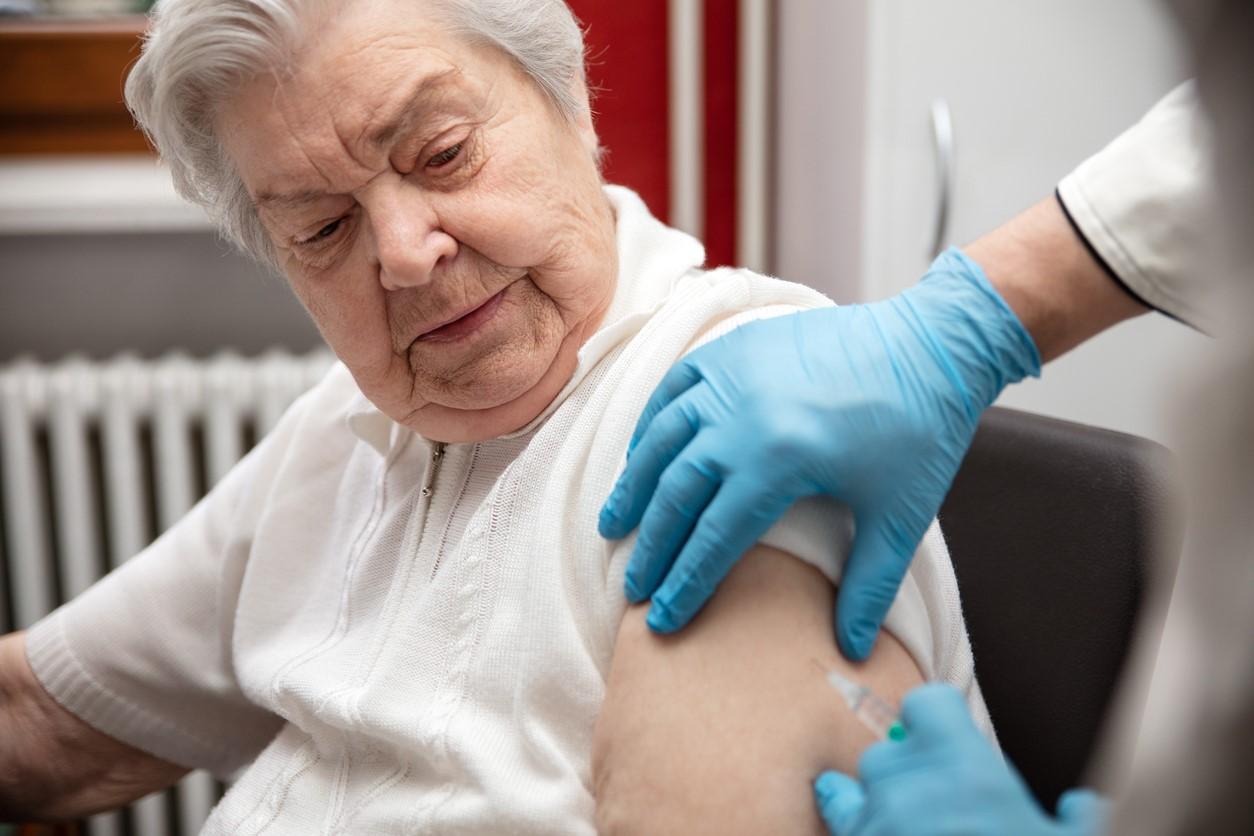With COVID activity slowly increasing amid variant shifts, vaccine advisers to the Centers for Disease Control and Prevention (CDC) today recommended updated COVID-19 vaccines for people ages 6 months and older.
Though some on the advisory group said a recommendation focusing on those ages 65 and older and others at higher risk might be better for targeting those at most risk for severe complications, many were swayed by data, including those on long COVID, showing that no group is at low risk from the virus.
Shortly after ACIP's vote, the CDC accepted the group's recommendation, which allows immunization campaigns to begin.
The new COVID vaccine will arrive at clinics, pharmacies, and other outlets at a time when the private market takes over most of the responsibility for covering the vaccine. The vaccine is expected to cost $120 to $130 per dose, though the CDC has a bridge program to offer it for free to uninsured and underinsured adults starting next month. More than half of the nation's children are eligible for free doses through the federal Vaccines for Children program.
For the first time this season, healthcare providers will be juggling vaccination against three respiratory viruses, given the recent arrival of the respiratory syncytial virus (RSV) vaccine, plus annual flu vaccination.
COVID still a burden across all age-groups
Today's vote, which passed on a 13-to-1 margin, comes 1 day after the Food and Drug Administration (FDA) authorized for emergency use mRNA vaccines from Moderna and Pfizer-BioNTech.
Matthew Daley, MD, who led the ACIP's updated COVID shot working group, said the team started with a blank slate regarding whom the recommendation should target and was led by the data in making the universal recommendation it put before ACIP today. He noted there are serious illnesses and deaths across all age-groups, even among those who aren't in traditional risk groups.
"My perception is that those deaths are preventable," said Daley, who is senior investigator at the Institute for Health Research at Kaiser Permanente Colorado.
For example, during today's presentation, the group heard that a little more than half of COVID deaths in children occur in those who don't have pre-existing risk factors.
Other members voiced concerns that a shared clinical decision-making recommendation or one that was too focused would increase vaccine inequities.
However, some members—while supporting a universal recommendation—worried that it might not convey that the vaccine has the biggest benefit in seniors and other high-risk groups. Sarah Long, MD, an ACIP member who is a pediatrics professor at Drexel University College of Medicine and is with the infectious disease section at St. Christopher's Hospital for Children in Philadelphia, said, "I'm still not quite sure how to get our best intentions to translate into actions."
Melinda Wharton, MD, MPH, ACIP's executive secretary and associate director of vaccine policy at the CDC's National Center for Immunization and Respiratory Diseases, said the CDC is mindful of the groups at highest risk and assured the group that communications targeting the groups can be done, regardless of the recommendation's scope.
What about Novavax?
Given interest in the updated Novavax product, a protein-based COVID vaccine made on a more traditional vaccine platform, David Kaslow, MD, with the FDA's Center for Biologics Evaluation and Research, said there is an urgent need for an alternative to mRNA vaccines and added that the FDA will expeditiously review the vaccine.
Demetre Daskalakis, MD, MPH, told the group that the language in the voting recommendation covers all approved COVID vaccines and that ACIP won't need to meet again to recommend the Novavax vaccine, once the FDA approves it.
A representative from Novavax presented scientific findings on the vaccine, indicated for people ages 12 and older, to ACIP today, alongside scientists from Moderna and Pfizer, who highlighted data on their vaccines.
Editor's note: This story was edited after publication to include a CDC statement accepting ACIP's recommendation.



















